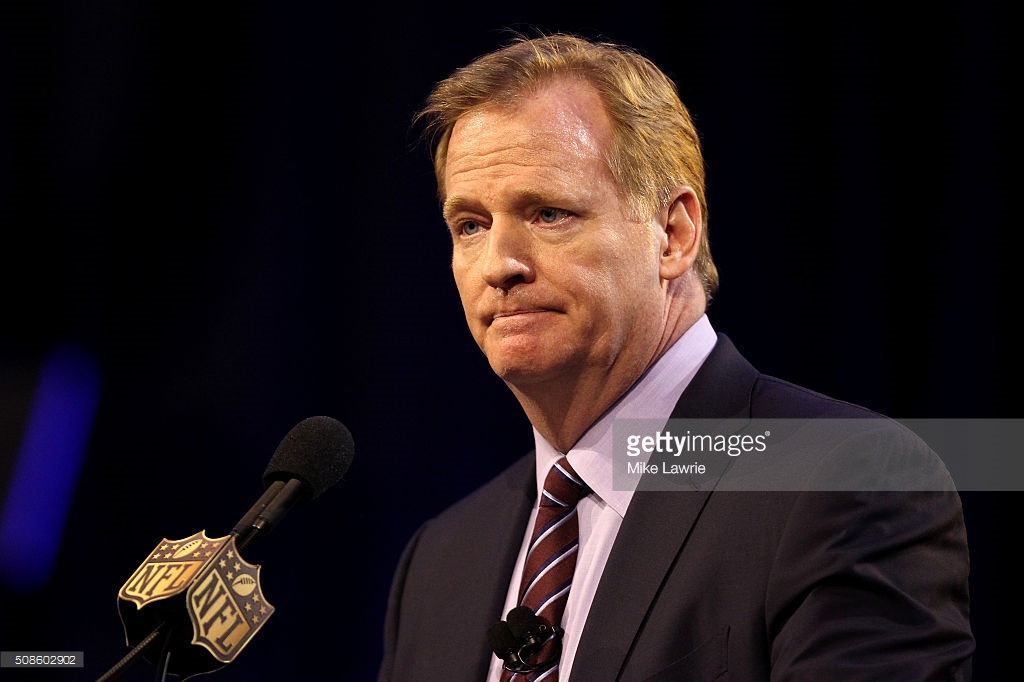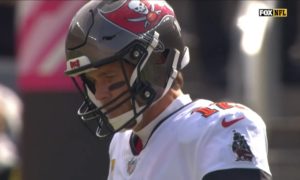Since the Congressional report issued two days ago on whether or not the NFL inappropriately attempted to intervene in concussion research conducted through the National Institutes of Health, the league’s response has largely been fairly insubstantial, particularly if you compare it to their aggressive and rapid reactions to other accounts in the past.
I believe that that in and of itself has something to say about the nature of the NFL’s predicament regarding allegations that they efforted to influence the allocation of grant money that they funded, which they were fully aware is supposed to be an entirely independent effort unaided by donors.
The league supplied the NIH with an “unrestricted gift” of $30 million, of which about $16 million was allocated to the grant awarded to Robert Stern, who had been critical of the league in the past, in order to conduct research in the field of CTE detection in living patients. The NFL objected to his selection and tried to allocate that money to league-affiliated research teams.
During a press conference yesterday, Commissioner Roger Goodell commented on the Congressional report and the allegations that it contained, reserving particular comment for the notion that the league attempted to unduly influence the allocation of funds. He characterized the communication between the league and the NIH as “standard practice”:
It is normal practice to have discussions back and forth with the NIH. We have several members that are advisors on our committees — Betsy Nagel, Rich Ellenbogen — who have had experience with NIH or worked with NIH. It is very important to continue to have that kind of dialogue through appropriate channels, which our advisors have. That’s a standard practice. We have our commitment of $30 million to the NIH. We’re not pulling that back one bit. We continue to focus on things our advisors believe are important to study. Ultimately it is the NIH’s decision.
What Goodell safely glosses over is the fact that the league’s advisors have no business attempting to advise the National Institutes of Health, particularly those such as the aforementioned Richard Ellenbogen, who not only serves on the league’s Head, Neck and Spine Committee, but was also part of a proposal team for the same grant that was passed over in favor of Stern’s team at Boston University.
If such degree of communication as is suggested in the Congressional report is indeed “standard practice” in the eyes of the Commissioner and of the league, then that in itself is a problem. And a broader problem is the fact that the league still speaks in terms of concussions being a public relations issue more than it is a public safety issue.
Jets owner Woody Johnson yet again invoked the need to “explain to mothers” that the league takes the health of their players seriously. But when you have NFLPA head DeMaurice Smith saying that there is a reason the NFLPA has not worked with the NFL on such issues for that reason in recent years, and NFLPA chair Eric Winston saying that the NFL “cannot be trusted to do the right thing when it involves players”, you know that the issues run deeper than can be solved by a strong promotional campaign.






